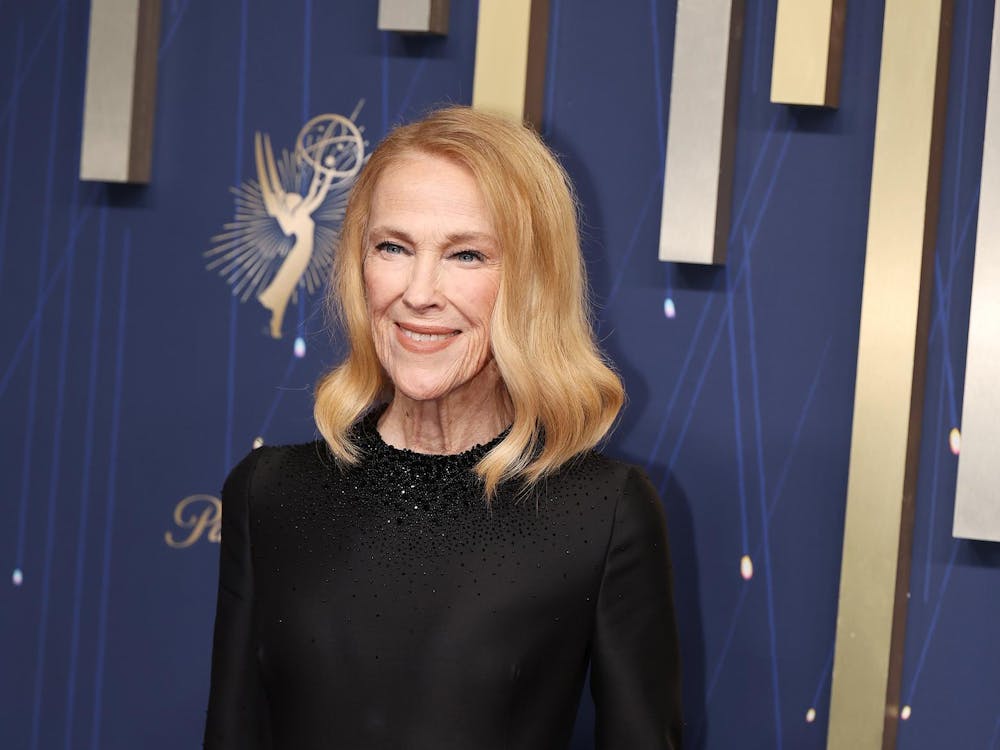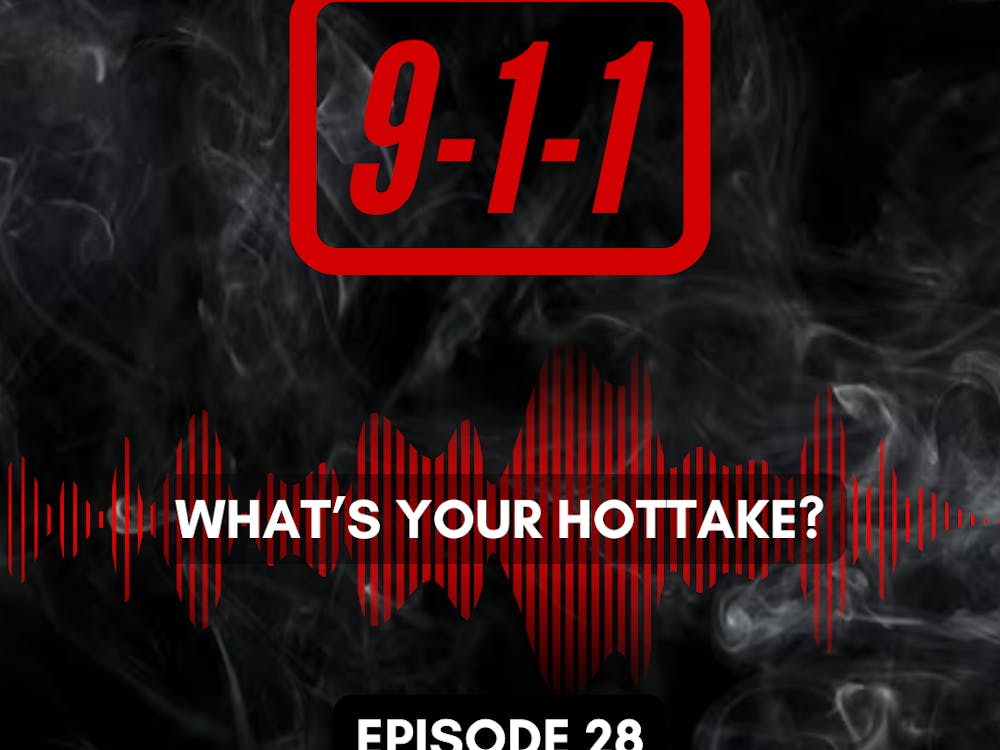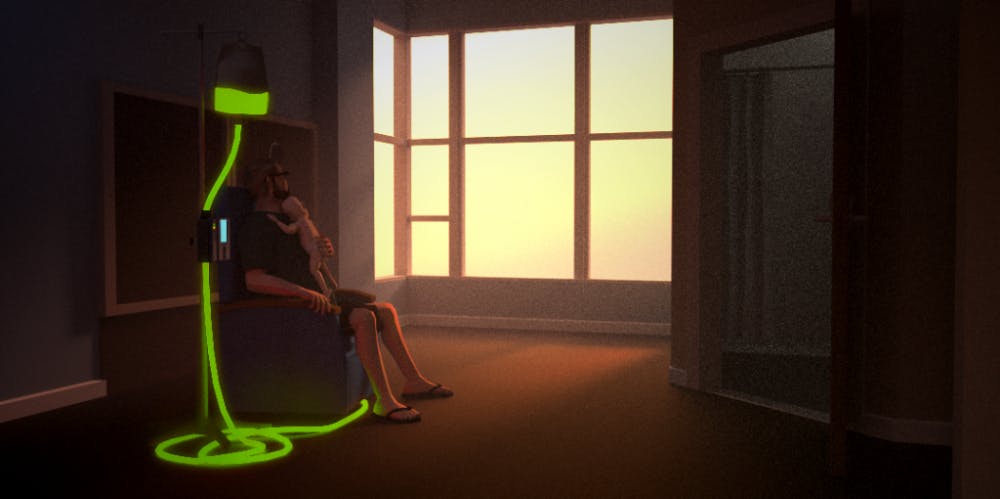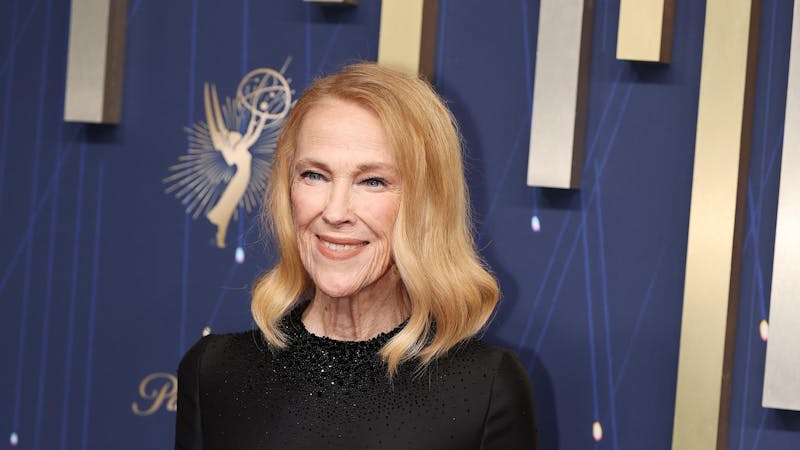by Jake Doolin @Clingtoascheme There is a good chance that when you saw a game titled That Dragon, Cancer, someone popped into your head. Be it your family member, friend, or acquaintance, cancer is all too familiar for many of us nowadays. We all have some kind of personal connection to cancer; for me, it was my Aunt Sandy. Because of that, cancer has become something of a hard subject to discuss broadly. We know the pain and confusion that cancer brings on a singular level because we see it, we felt it, but when the statistics of cancer come up, (13,000,000 living with the disease in 2012 alone) it becomes hard to comprehend. This is the challenge that That Dragon, Cancer tackles head on, attempting to tell not just the cancer story of Joel Green, but manages to tell a story that encompasses cancer as a whole. And while the game is inconsistent, it still manages to soar.
The Diagnosis
Joel Green was only a year old when he was diagnosed with cancer. Over the course of the next four years, he and his family experience the most harrowing and painful time of their lives, culminating in Joel’s death in 2014. The thought of somehow turning that experience into a game seems impossible, but developer Ryan Green and his wife Amy, who wrote the script, managed to turn this tale from one of woe into one of hope.
Told in short five- to ten-minute vignettes, That Dragon, Cancer follows Joel through his fights with cancer as well the Green family’s attempts to deal with it the best they can. Moving backward and forward through time, the story mixes the real and surreal in a (usually) seamless way. Segments may start in a hospital and end in the vacuum of space and, to the game’s credit, the shift feels natural. Some of the game’s rawest moments, such as the scene where doctors tell the Green family their son has weeks to live, are underlaid with dreamlike moments that heighten the emotion. While this mix of dreams and reality can be distracting, the times where it works create a feeling that elevates the game’s story to new emotional peaks.
 That Dragon, Cancer’s narrative is not an easy one to endure; though the level of insight into their lives that the Green family grants you through audio messages and diary entries can be overwhelming sometimes, the game is always grounded in a sense of hope. By the times the credits rolled, I was crying not only because I was sad for the loss of this child, but also because the game affirms that he had a good life filled with love from a family that clearly cared about him. Joel’s story is not unlike many others’ cancer stories, filled with heartbreaks and triumph, and it’s because of this that That Dragon, Cancer is able to convey its story so well to so many. It knows cancer is around us all and yet it also knows we are ready to fight it.
That Dragon, Cancer’s narrative is not an easy one to endure; though the level of insight into their lives that the Green family grants you through audio messages and diary entries can be overwhelming sometimes, the game is always grounded in a sense of hope. By the times the credits rolled, I was crying not only because I was sad for the loss of this child, but also because the game affirms that he had a good life filled with love from a family that clearly cared about him. Joel’s story is not unlike many others’ cancer stories, filled with heartbreaks and triumph, and it’s because of this that That Dragon, Cancer is able to convey its story so well to so many. It knows cancer is around us all and yet it also knows we are ready to fight it.




















